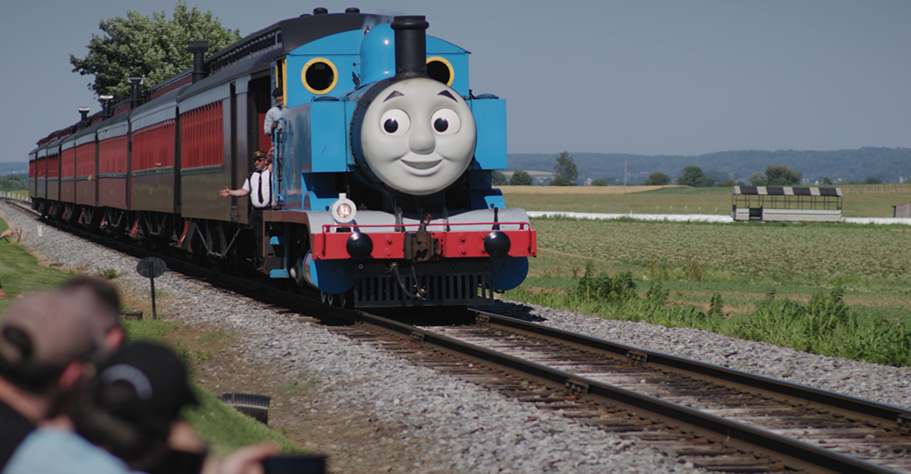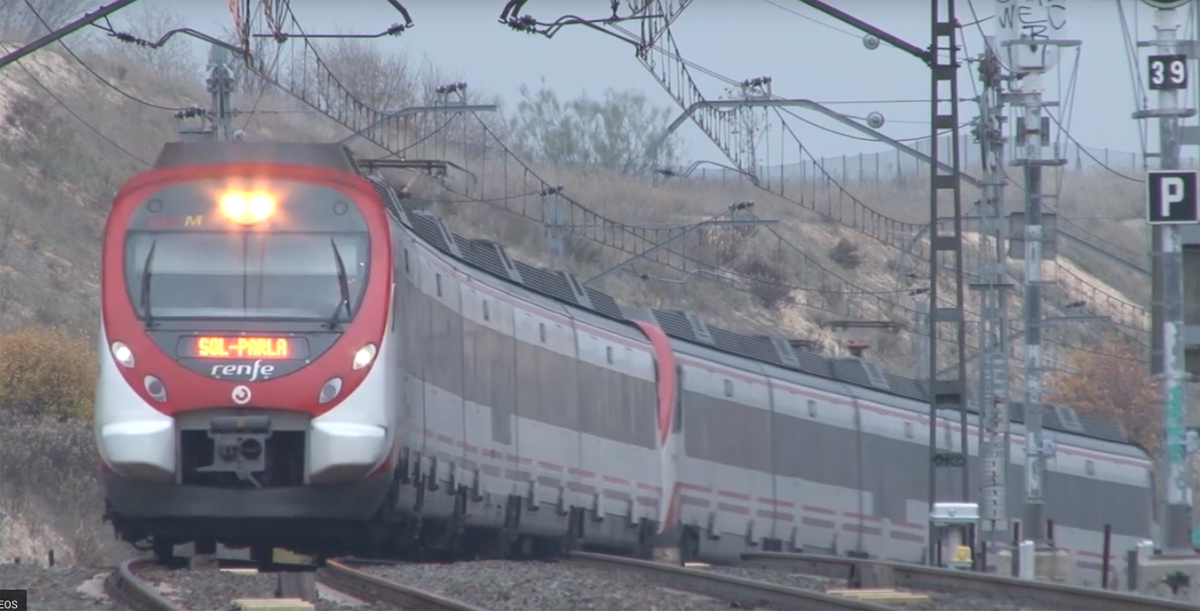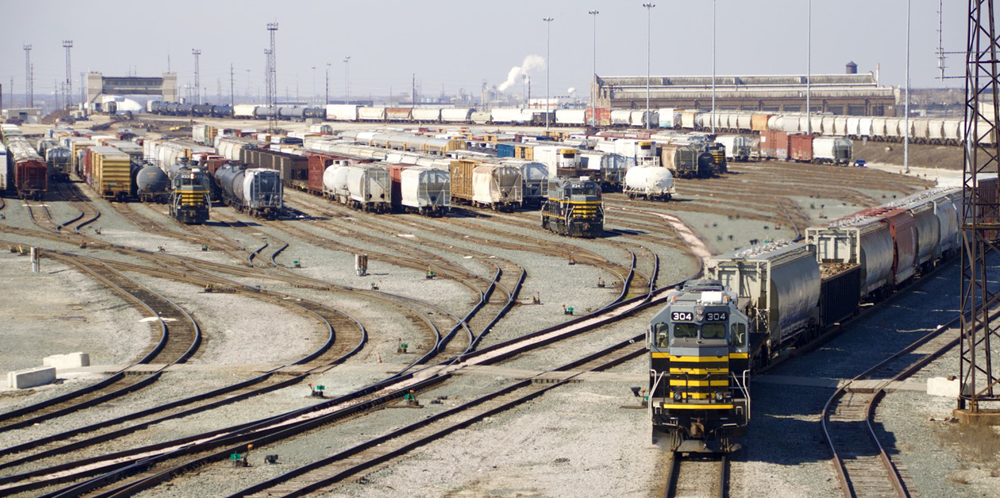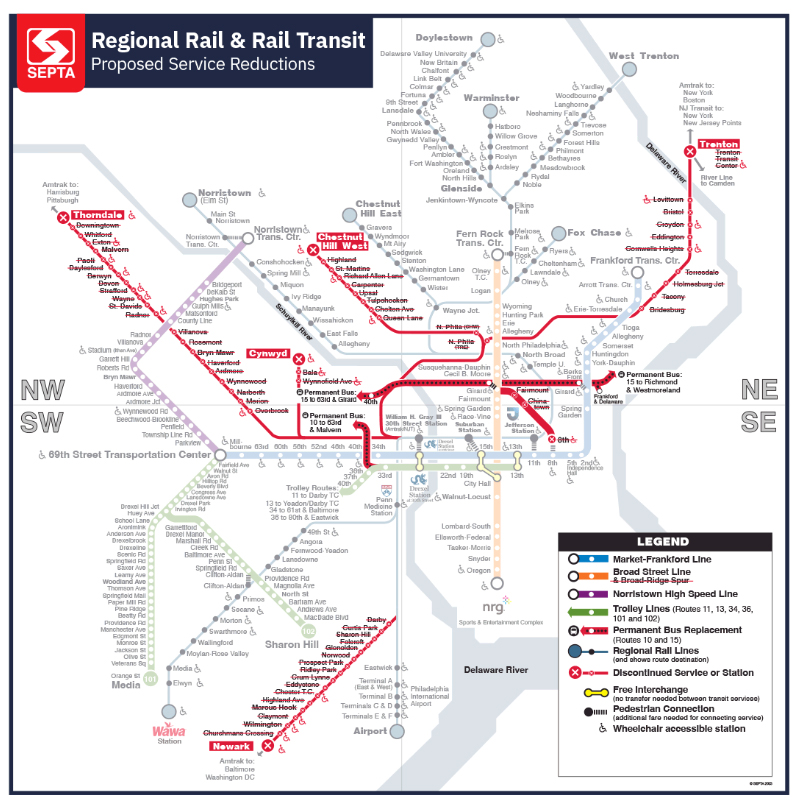Sound Transit’s board chairman says the agency will call in an outside investigator to review its safety procedures in the wake of the National Transportation Safety Board’s findings and recommendations in its own investigation into the December 2017 Amtrak Cascades derailment.
NTSB had criticisms for multiple agencies and entities including Sound Transit, which owns the track segment known as the Point Defiance bypass where the derailment occurred.
In extended remarks released Thursday, Sound Transit CEO Peter Rogoff said the NTSB’s criticisms were largely justified. “I completely agree with the NTSB that we have a confusing and troubling regulatory regime here where four different agencies plus BNSF have a very convoluted distribution of roles and responsibilities.”
Noting that the NTSB report had 53 findings, four of them pertinent to Sound Transit, and 26 recommendations, three having to do with what is formally known as the Central Puget Sound Regional Transit Authority, Rogoff said the agency will be “responding to every pertinent finding and recommendation.”
The NTSB report “surfaced many things we have been aware of since the accident and have rectified. It also brought other deficiencies to light that we will get to the bottom of right away,” he added.
To do so, an independent third party will review Sound Transit’s safety certification process “top to bottom, when it comes to our role as a track owner.”
That review was strongly suggested by the NTSB in its recommendations. The safety board said Sound Transit should “immediately conduct a review of all operating documents and ensure that safety mitigations are applied with uniformity throughout the entirety of your territory.” For segments where Sound Transit is host to another railroad, as it is to Amtrak on the bypass, “coordinate with all current and any prospective tenants on the development of operating documents including timetables, general orders, and special instructions.”
NTSB also said Sound Transit should “review your internal process for safety certification and verification, perform a gap analysis, and develop an action plan to address the deficiencies identified in the gap analysis and detailed in this report to enhance the verification activities on projects.”
Sound Transit operates a light-rail system with spokes radiating north, east, and south from downtown Seattle, and a separate commuter-rail service known as Sounder, with service from Seattle north to Everett and south to Tacoma and the suburb of Lakewood.
The agency acquired what’s known as the Point Defiance Bypass for its own commuter-rail service, but that leaves a 10-mile segment on which it doesn’t operate or plan to do so. It was in that stretch, near DuPont, that the derailment occurred.
“It was our responsibility to not only determine safety protocols but to oversee that Amtrak implemented all of them,” Rogoff said. “That clearly didn’t happen when it comes to whether Amtrak included curve safety protocols in the general orders to its crews, or verifying the level of training Amtrak provided to its train crews.














